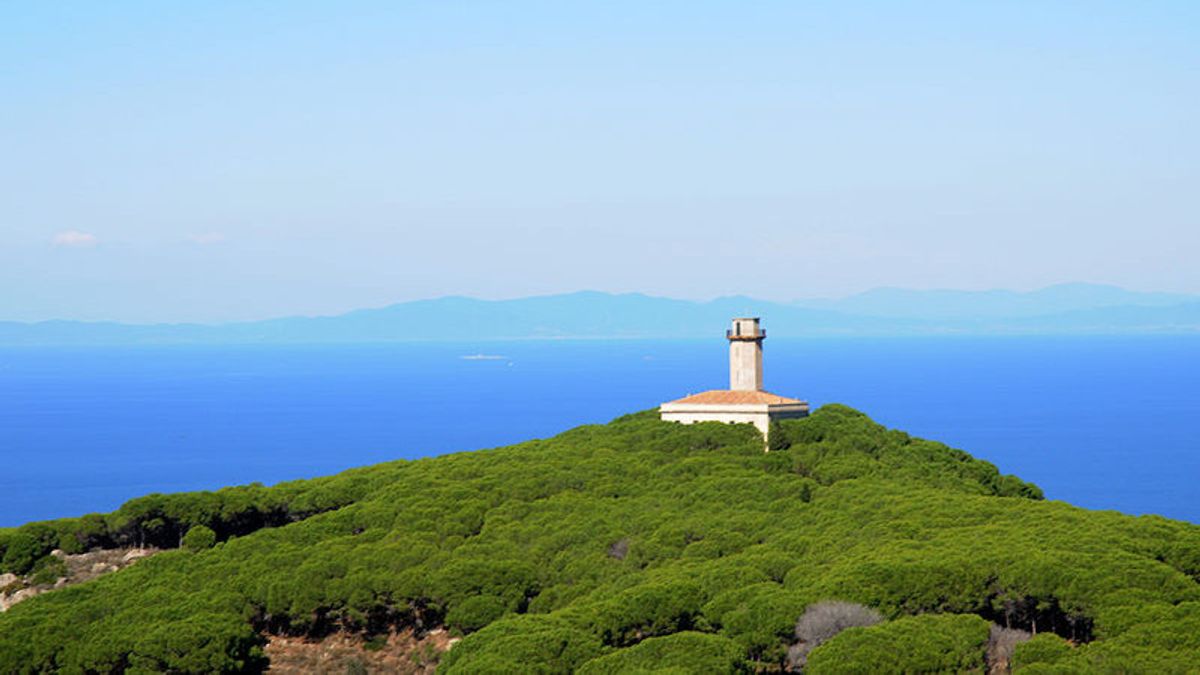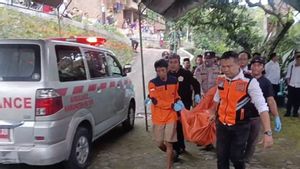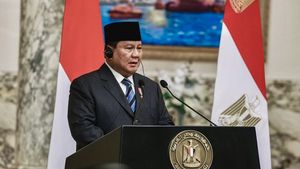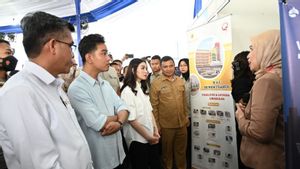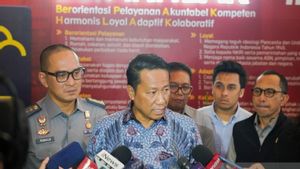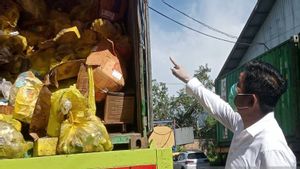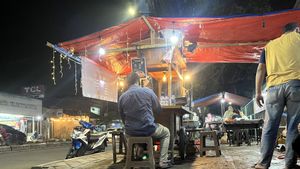JAKARTA - Paola Muti, a cancer researcher has prepared for the spread of COVID-19 on Giglio Island, Italy. However, days passed. Of the eight hundred inhabitants of the island, not one has any symptoms of COVID-19. In fact, in other countries, the disease spreads like fire doused with gasoline.
Doctor Armando Schiaffino, who has been the only doctor on the island for 40 years, also expressed concern that one day Giglio Island was hit by a local outbreak. Her concern was reasonable. According to experience, disease spreads so easily on the island of Giglio.
"Whenever a common childhood disease, such as dengue fever, measles or chicken pox, within days practically everyone can become infected," said Schiaffino, reported by Independent.co.uk, Monday, July 27.
The irregularities that Muti found on Giglio Island were realized when she was trapped during Italy's lockdown. Muti is confused, how could the residents not be exposed to COVID-19, even though they are in contact with island visitors who are likely to have contracted COVID-19.
TheoryThe people of Giglio Island are known to live in steep areas near the harbor or on the granite staircases that served as narrow paths in the hilltop castle surroundings. Solid housing was built in the middle of the remains of the fort, built centuries ago to protect itself from pirates.
Muti, who has long researched breast cancer at the University of Milan, looked for a number of possibilities. First, is it possible that the inhabitants of Giglio Island are infected but are not showing symptoms? Or is there a genetic feature that the islanders have? Or is it even just luck?
"Doctor Schiaffino came up to me and told me, 'Hey, look, Paola, this is amazing. During this pandemic, with all the cases coming to this island, nobody got sick. ' So I said to myself, 'right, here we can do some research, can't we? I am here, '"Muti.
Muti herself has not come to a precise conclusion about why the virus appears to have "not interacted" with the indigenous people of Giglio Island. However, there are several theories that he expressed.
The abundance of cross-breeding on the Island of Giglio opens up opportunities for the genetic features of the indigenous people, as Muti estimates. Another theory is that the geographical conditions of Giglio Island, which are in pristine waters in a regional marine reserve, mean that the islanders live in a natural environment. This condition has an impact on the good quality of their health.
Muti is currently preparing to leave the island and write a study for its final publication. He is determined to return to Giglio Island for in-depth research, including conducting genetic studies if he has the funding sources.
Some congenital casesIt's not that there have never been any cases of COVID-19 on Giglio Island. The first known case occurred in a man in his 60s. He is not a native. The man came to Giglio Island on February 18, days before the first "real case" emerged in Italy.
The man came to Giglio Island to attend a relative's funeral. The man who had coughs during the visit later exited the island by ferry on the same day and died three weeks later in hospital.
On March 5, four days before Italy's national lockdown was announced, three visitors came to Giglio Island and tested positive for COVID-19. One of them is a man from Germany who departed from northern Italy, the epicenter of the beginning of the COVID-19 outbreak in Europe.
The man socialized for several days with his friends on the island of Giglio, including at a public restaurant. After one week, due to a bad cough, he was tested and came back positive for COVID-19. He then isolated himself in a house on Giglio Island.
There are several other known cases, including a resident of Giglio Island who has lived in Australia for two years. He returned to Giglio in mid-March to visit his parents.
Three days after arriving on Giglio Island, he developed a fever and tested positive for COVID-19. He then isolated himself in his parents' house.
After that, no other cases have emerged on Giglio Island, including since Italy's lockdown was lifted in early June. Although various tourists from all over Italy have returned to visit Giglio Island, they still have not faced any new cases of COVID-19.
Even though Giglio Island has COVID-19 cases that can be counted on the fingers, health authorities are on high alert. In late April, just before travel restrictions were relaxed, residents of the island were tested for COVID-19.
Of all the islanders who have been tested, only one has tested positive for COVID-19. He was a man who had previously sailed on a ferry with a visitor from Germany.
The English, Chinese, Japanese, Arabic, and French versions are automatically generated by the AI. So there may still be inaccuracies in translating, please always see Indonesian as our main language. (system supported by DigitalSiber.id)
